The Climate Action Zone started in Nairobi yesterday, focusing on the construction sector and how it can contribute to solutions to the climate crisis.
Climate Action Zone is an all-inclusive platform to spotlight locally-driven climate initiatives throughout Africa.
The Climate Action Zone (CAZ), organized by the Alliance for Science, brought together thought leaders in the construction, financial, and other sectors in Africa and beyond, with partnership, science, and research emphasized to build resilience to climate challenges.
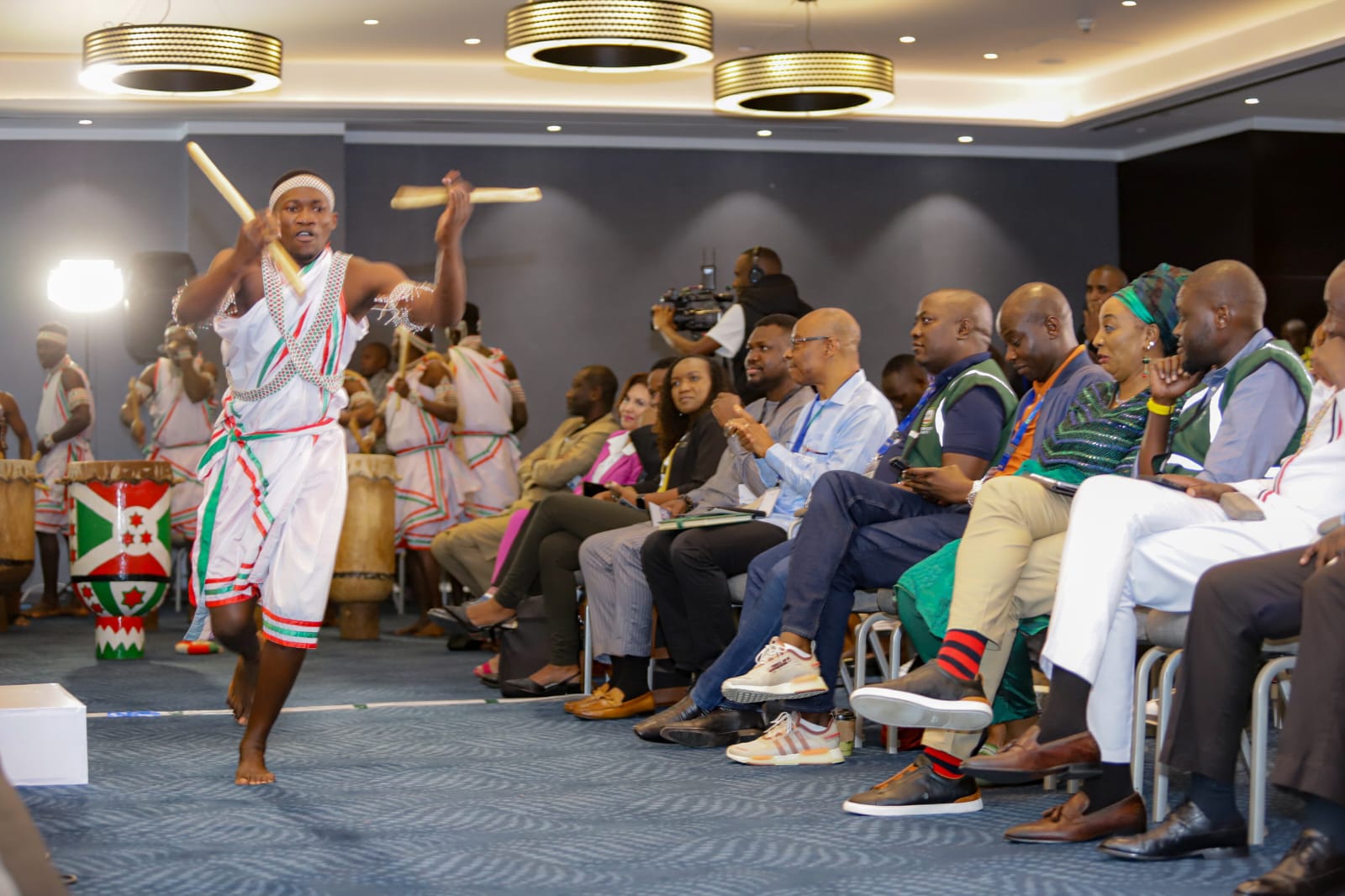
Held in collaboration with the United Nations Environmental Programme (UNEP), the Africa Development Bank, the Green Climate Fund, the International Federation of the Red Cross (IFRC), and the TEAR Fund, the event is set to complement the Africa Climate Summit and Africa Climate Week, both being hosted by the Kenyan government in the capital, Nairobi, from September 4 to 8, 2023.
“Nairobi has endured a high and rising rate of respiratory disease, partly because of pollution and partly because of the quality of our buildings.”
It is intended to be an all-inclusive platform to spotlight locally-driven climate initiatives throughout Africa.
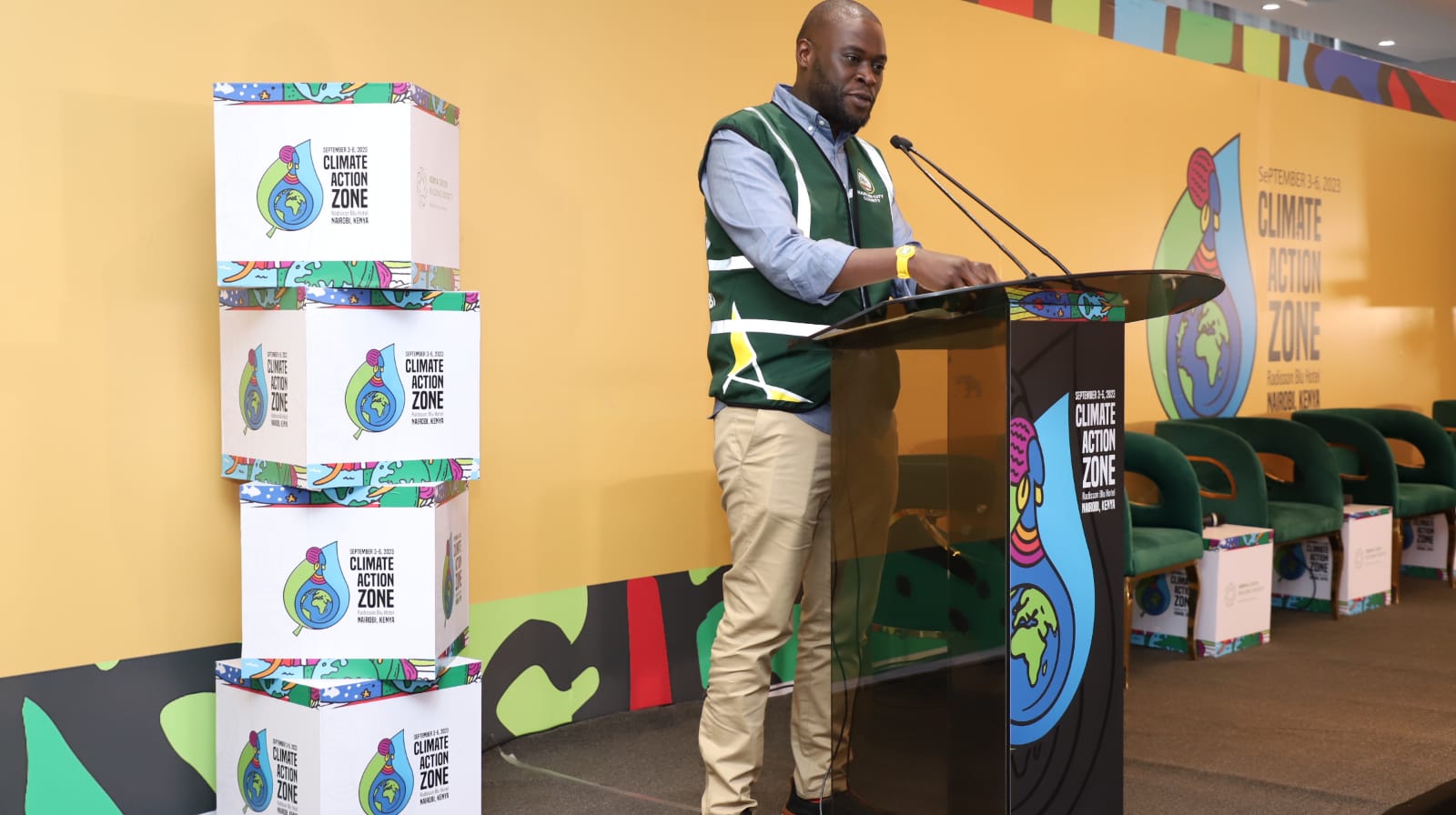
While opening the event on September 3, 2023, Nairobi Governor Johnson Sakaja outlined the challenges the capital city faces regarding climate change and his government’s commitment to solving these problems.
Like the rest of Africa, Kenya has been particularly hard hit by severe climate-related challenges.
“Our challenges are urgent. Climate. Money. Infrastructure. Resources. These are severe challenges. Climate change is here. Our buildings are old. Many are substandard—our drainage struggles to keep pace with the needs of the four million people who call Nairobi home.
“Many of you will know that Nairobi has endured a high and rising rate of respiratory disease. That’s partly because of pollution and partly because of the quality of our buildings,” he said.
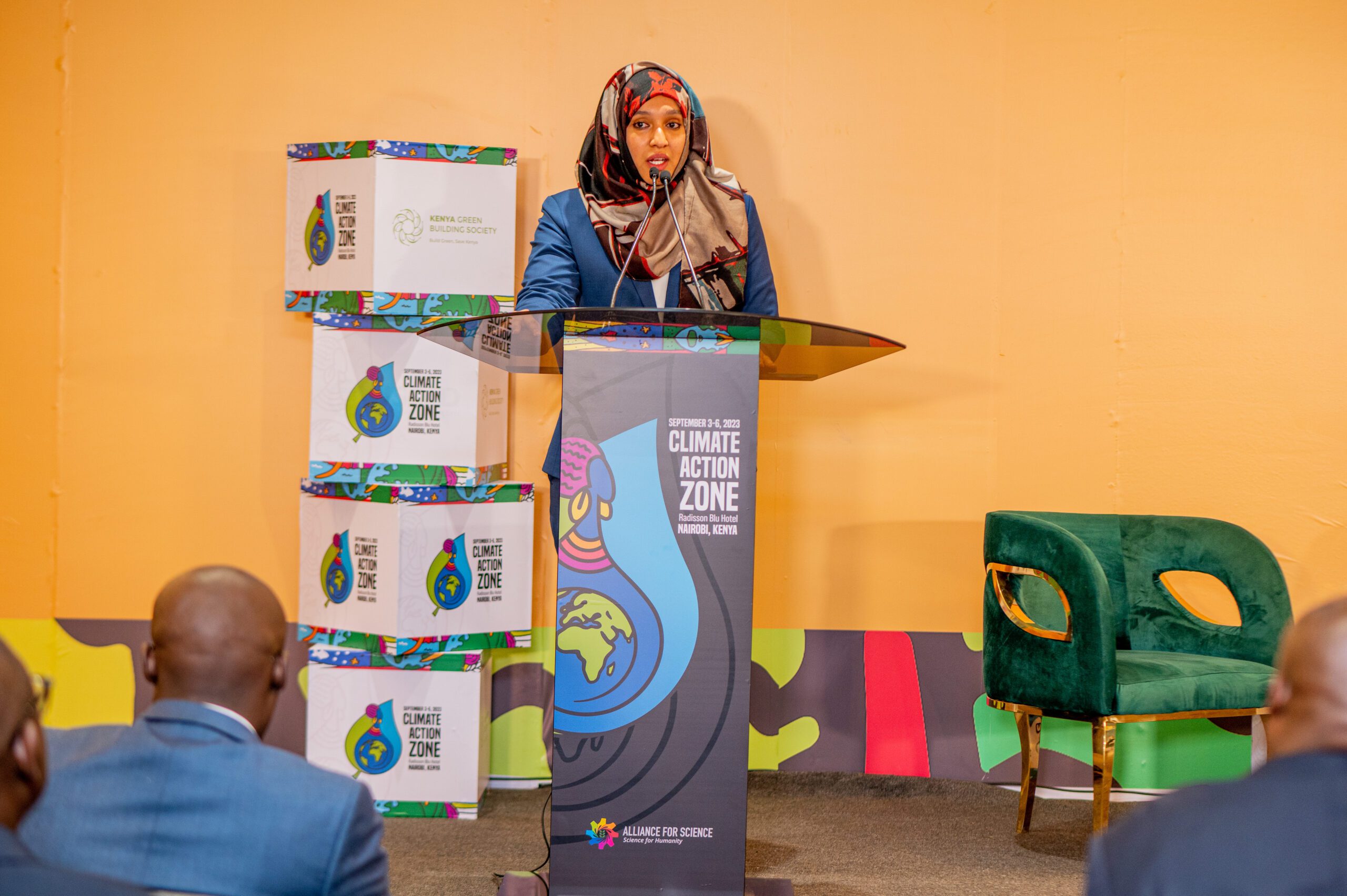
Nasra Nanda, the Kenya Green Building Society chief executive, said African cities are victims of the proliferation of informal settlements, slum areas, and overcrowding.
“In Africa, we see among the highest urbanization populations and household growth rates globally, in some cities, as high as six percent per annum,” said Nanda
“Without the supply of adequate, affordable housing and skill, housing backlogs mean that Africans live a life of poverty, indignity and extreme discomfort.”
Climate change has unleashed an unprecedented catalog of disruptions.
The new challenges call for candid and impactful conversations to increase the momentum of climate action and foster greater collaboration and synergies.
Like the rest of the African continent, Kenya has been particularly hard hit by severe climate-related challenges, including drought, desertification, and floods, leading to displacement, migration, and food crises.
Mounting exposure to climate change
These new challenges call for candid and impactful conversations to increase the momentum of climate action and foster greater collaboration and synergies.
According to a 2021 report, Nairobi was ranked as the dirtiest city in Kenya, with a US AQI reading of 73.
The World Health Organization (WHO) estimates that approximately 19,000 people die each year in Kenya due to air pollution, with the United Nations Environment Program (UNEP) citing 70 percent pollution levels in Nairobi.
The inaugural Africa Climate Summit is structured to examine the mounting exposure to climate change and its attendant impacts, particularly in Africa.
“Nairobi needs to meet its climate commitments. We need green construction to meet our climate goals and grow our economy and resources.”
Governor Sakaja said that the solution to climate change effects lies not only in the hands of individual organizations but also in the cooperation between different actors and the efforts of everyone.
He promised to promote green space in Nairobi by prioritizing green buildings and promoting energy conservation.
Environmentally responsible materials
“Nairobi needs to meet its climate commitments. We need green construction to meet our climate goals and grow our economy and resources. Energy in Kenya is expensive, and our incomes are low,” the governor said, adding that energy efficiency needs to be a clear priority in Nairobi’s new construction.
“We need you to use environmentally responsible materials, align your construction with our climate standards, and talk to us about how we can improve Nairobi’s climate profile. All this we can do, all this we will do.”
Climate Action Zone’s mission is to unlock innovative and forward-moving insights on climate change from a galaxy of thought leaders, opinion shapers, and local voices.
To achieve these goals, his administration committed to offering incentives and opportunities to make their construction of green buildings cheaper and more accessible.
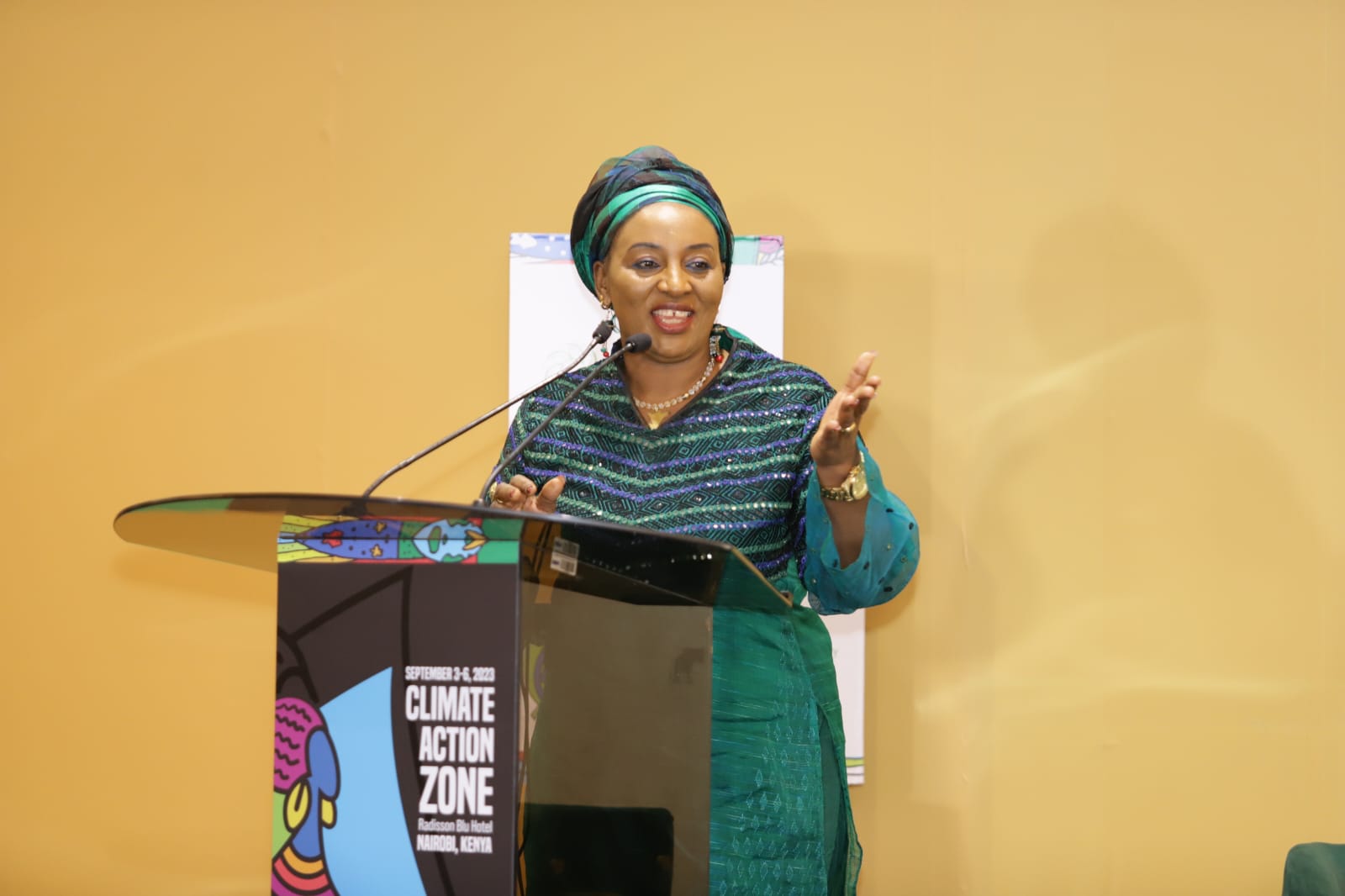
Dr Sheila Ochugboju, the Alliance for Science Executive Director, said that CAZ is aimed at strengthening resilience and adaptive capacity to climate-related challenges and providing a forum for the youth, farmers, and women to engage in conversations about the available solutions for mitigating the effects of climate change.
Championed by Kenya’s president, William Ruto, the Africa Climate Summit will provide a unique platform to craft and influence commitments, pledges, and outcomes that will ultimately lead to the development of the Nairobi Declaration.
“We have been talking too much. It is now time to transform this into action. We must bring the energy and enthusiasm for action because there is no more time for talking.”
Complementing the ACS, the CAZ’s mission is to unlock innovative and forward-moving insights on climate change from a galaxy of thought-leaders, opinion shapers, and local voices who will share their experiences.
Strengthen resilience and adaptive capacity
It is also an excellent platform for policymakers, researchers, private sector players, civil society organizations, and other stakeholders to deliberate on cross-cutting issues arising from developments in climate policy in the region.
Dr Ochugboju stated: “The Alliance for Science is actively participating in this significant event by hosting a side event that focuses on the role of the private sector in driving innovation, sustainability, and frontier technologies designed to strengthen resilience and adaptive capacity to climate-related challenges.
“We are engaging in conversations about the available solutions for mitigating the effects of climate change.”
“We prioritize empowering women, the youth, and children in creating better societies, and we also believe Climate Action is crucial in winning Africa’s investment and development conversation.”
Additionally, CAZ examines the gender-differentiated impacts of climate change, focusing on solutions.
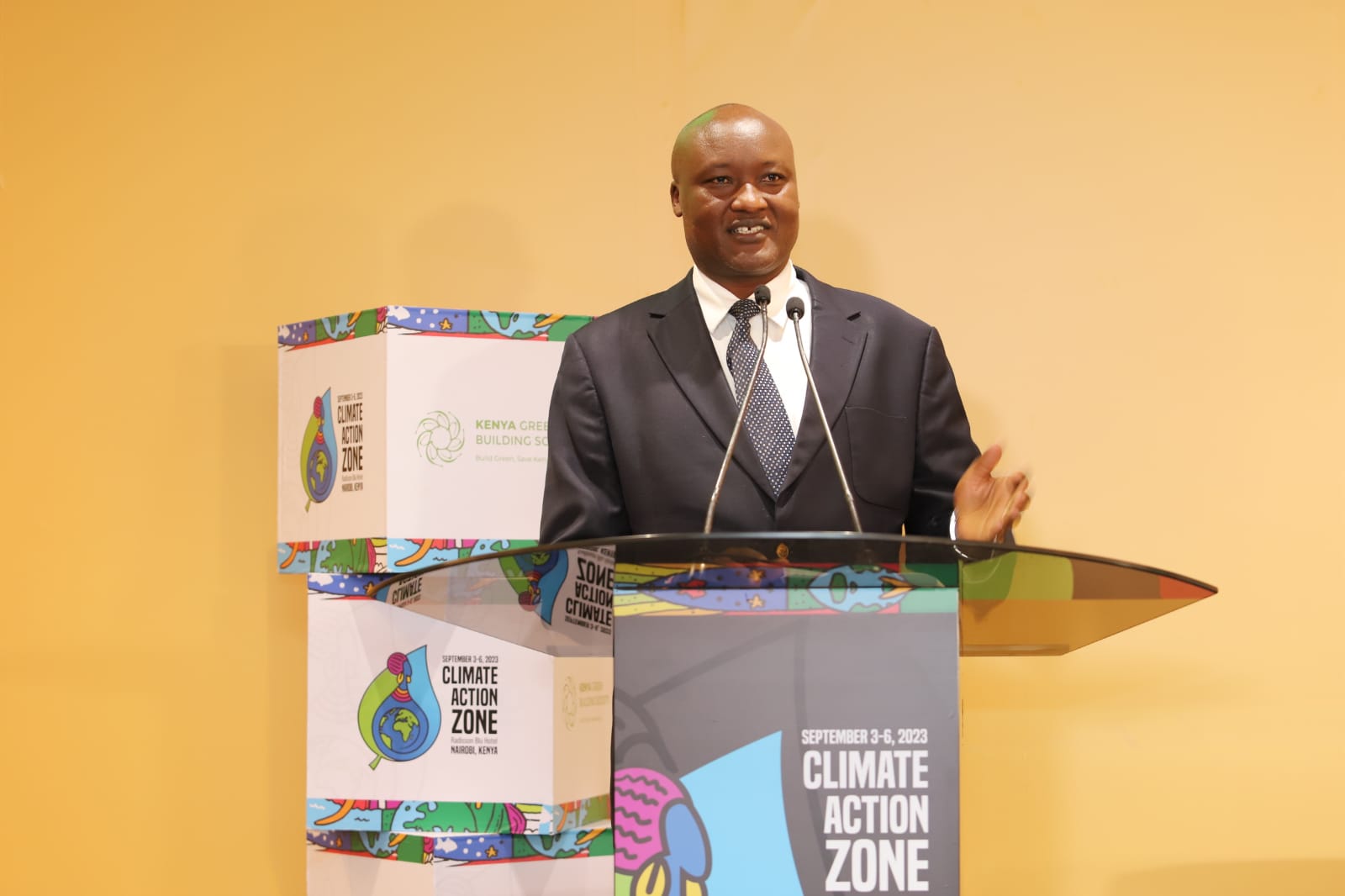
Dr John Chumo, the chief executive of Mama Doing Good Foundation, believes that the focus of the built environment, housing, and creating safe, inclusive, sustainable cities is people.
“Women, the elderly, and children are the most adversely affected when this is not prioritized, and they need to be involved right from the formulation stage of policies and interventions,” Dr Chumo said.
“In Mama Doing Good, we prioritize empowering women, the youth, and children in creating better societies. We also believe Climate Action is crucial in winning Africa’s investment and development conversation.”
Women and children are the most affected by climate change because they have poor access to property, education, and healthcare, so they are more susceptible to suffering from disasters brought on by the climate.
The three-day event will catalyze ground-breaking solutions to the vagaries of climate change and spearhead fresh takes on one of the biggest challenges facing the continent and planet today.
Banking on its immense convening power and the abundant goodwill of partners, AfS anticipates that the three-day event will catalyze ground-breaking solutions to the vagaries of climate change and spearhead fresh takes on one of the biggest challenges facing the continent and planet today.
The end game will be deliberations that will generate tentative solutions geared towards resilience and adaptation, with particular emphasis on amplifying local voices.
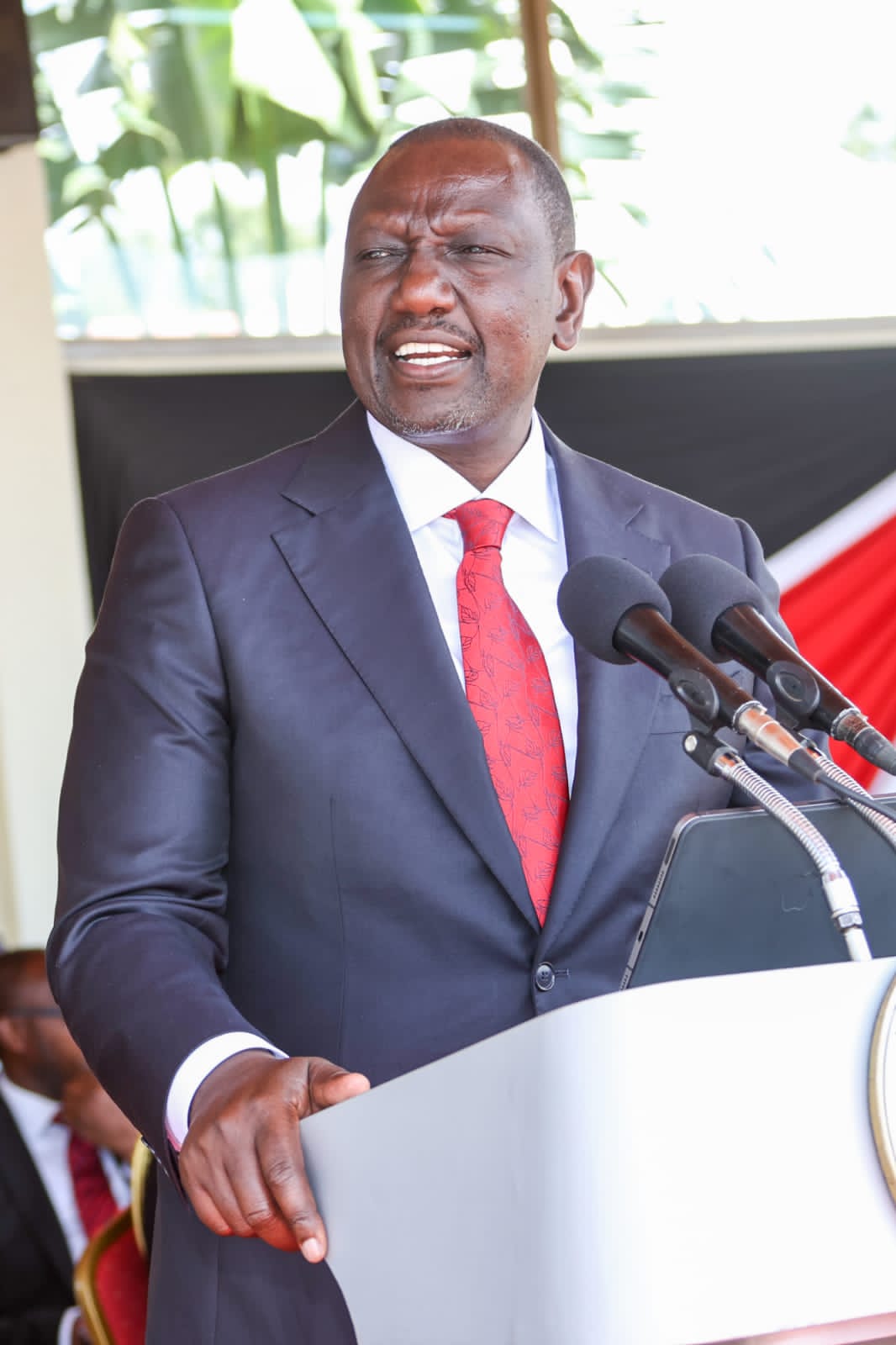
President Ruto, the host of the Africa Climate Summit, echoed the need for an all-hands-on-deck approach in the climate deliberations, noting that the vagaries of climate change do not discriminate between the various sectoral and geographical rifts in society.
“As Africa, we are committed to bringing everyone on board to make every voice to be heard. Since the climate crisis does not discriminate between the Global North and the Global South, or between rich nations or poor nations, effective climate action must recognize our shared threat and collective opportunity to develop and implement common global solutions,” said Ruto.
“We must bring the energy and enthusiasm for action because there is no more time for talking.”
Ruto said the Africa Climate Summit, which comes after the Paris Summit, will provide a critical opportunity to accelerate the global energy transition and deliver African solutions to the Dubai COP28 slated between November 30 and December 12, 2023.
“We have been talking too much. It is now time to transform this into action. We must bring the energy and enthusiasm for action because there is no more time for talking,” said Dr Ochugboju.
“It is up to us to ensure our cities are more sustainable and resilient. It’s time for us to dream of a better future, but we must be prepared for what will cost us.”
